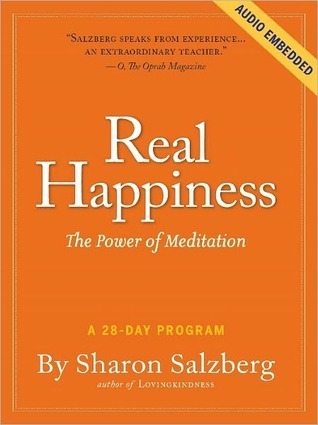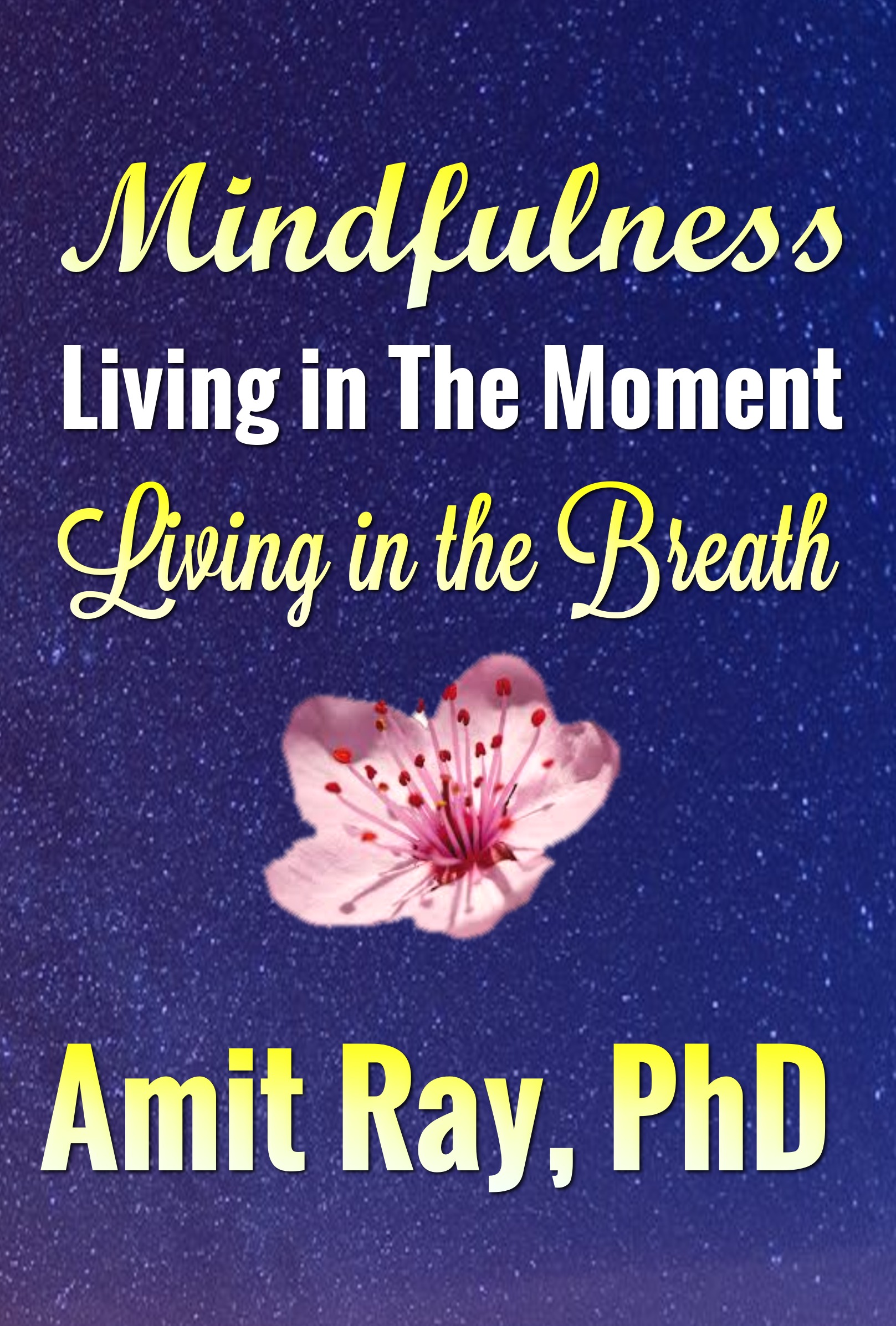
Mindfulness: An Eight-Week Plan for Finding Peace in a Frantic World
Book Description
In a world that buzzes with endless distractions, peace feels like an impossible dream. "Mindfulness: An Eight-Week Plan for Finding Peace in a Frantic World" unveils a transformative journey to quiet the chaos and reclaim serenity. Through powerful techniques grounded in science, the path unfolds with guided practices that shift perception and awaken the senses. Each week brings new challenges and insights, pushing the boundaries of routine living. As old patterns dissolve, a new sense of self emerges, brimming with clarity and calm. What if the key to a more fulfilling life lies in simply being present?
Quick Book Summary
"Mindfulness: An Eight-Week Plan for Finding Peace in a Frantic World" by J. Mark G. Williams offers readers a practical, science-based framework for integrating mindfulness into daily life. Through an eight-week program, the book introduces simple meditations and mindful exercises that are designed to fit even the busiest schedule. Williams draws on evidence from psychology and clinical practice to clarify how mindfulness can interrupt cycles of stress, anxiety, and unhappiness, guiding readers toward genuine peace. Each week builds progressively, guiding readers to tune into bodily sensations, thoughts, and emotions with greater awareness and non-judgment. Over time, regular mindfulness practice transforms reactions to life's pressures, enhances well-being, and cultivates resilience, offering a pathway out of frantic habits into a life of presence, contentment, and clarity.
Summary of Key Ideas
Table of Contents
Understanding Mindfulness and Its Benefits
The book begins by demystifying the concept of mindfulness, explaining it as the simple act of paying attention deliberately to the present moment, with curiosity and without judgment. Williams highlights the science behind mindfulness, presenting research that shows its effectiveness in reducing stress, anxiety, and depressive relapses. He explains how most people operate on autopilot—lost in thoughts, regrets about the past, or worries about the future—leading to a sense of frantic busyness and disconnection. Mindfulness invites a gentle return to the present, helping individuals to notice thoughts and feelings as passing events, rather than absolute truths or personal failings.
Breaking Free from Automatic Pilot
Throughout the eight-week program, the book guides readers through practical techniques such as the body scan, mindful breathing, and the three-minute breathing space. These exercises are designed to gently draw awareness away from rumination and into the body and the breath. By anchoring attention in the sensory world, individuals learn to step out of relentless mental chatter. As the weeks progress, new challenges arise, such as maintaining mindfulness in difficult moments. The book provides strategies for handling distractions and setbacks with patience and kindness, reinforcing the idea that mindfulness is a skill developed over time.
Transforming Response to Stress
A major theme of the book is rewriting automatic responses to stress and emotional pain. Williams teaches that by observing feelings and bodily sensations with openness, rather than immediately reacting or seeking to escape discomfort, a space is created in which wiser choices can emerge. This shift—from reaction to response—empowers readers to break cycles of worry or self-criticism. The program encourages experimenting with shifting perspectives, practicing gratitude, and experiencing even mundane activities, such as eating or walking, with fresh attention.
Cultivating Self-Compassion and Acceptance
Another key focus is cultivating self-compassion and acceptance. The book underscores that mindfulness is not about striving for perfection, but about relating to oneself and one's experiences with warmth and patience. Williams emphasizes that setbacks, difficult emotions, and intrusive thoughts are natural, and by treating oneself with compassion in these moments, healing and growth are possible. Readers are encouraged to see themselves not as problems to fix, but as human beings worthy of care and understanding.
Establishing Lasting Mindfulness Habits
In its conclusion, the book provides guidance for weaving mindfulness into everyday routines, helping readers to establish habits that last beyond the eight-week plan. Williams addresses common barriers, such as time constraints and loss of motivation, and offers advice for sustaining practice amid a hectic life. Mindfulness is presented as a lifelong journey rather than a quick fix, with even short daily practices yielding profound shifts over time. Ultimately, the book offers hope that authentic peace and clarity are within reach, available through the gentle cultivation of present-moment awareness.
Download This Summary
Get a free PDF of this summary instantly — no email required.





